Thoracic (Chest) Surgery
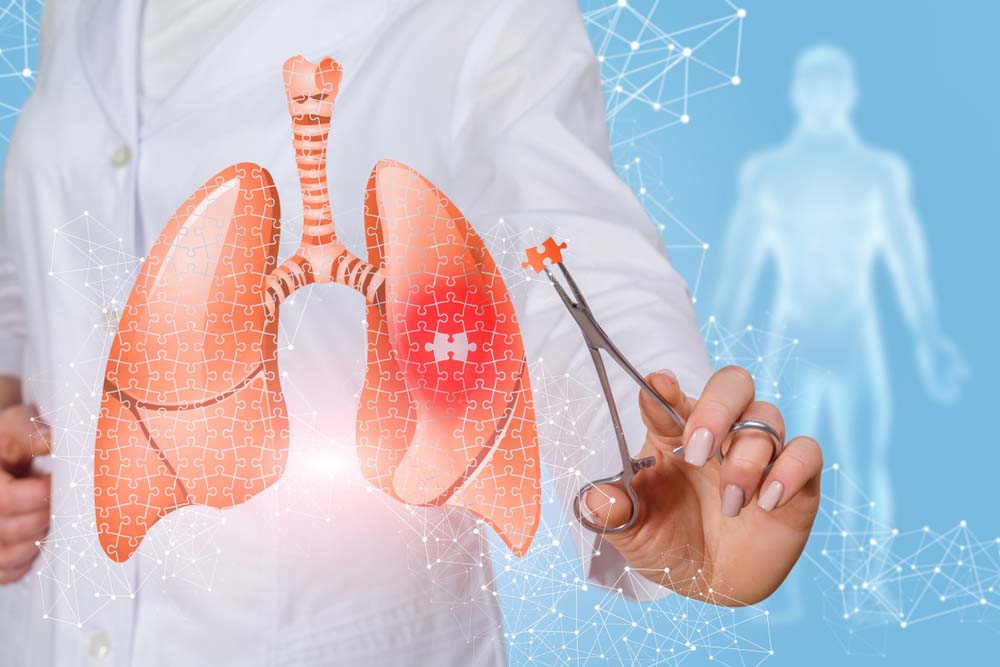
It is the branch of medicine that deals with the traumas and surgical treatments of diseases of the organs and regions (chest wall, ribs, lung membranes, lungs, mediastinum, diaphragm, esophagus) in the chest region, excluding the heart, main vessels and breast tissue located in the chest cavity.
The procedures and treatments performed in Thoracic Surgery.
Medical Services
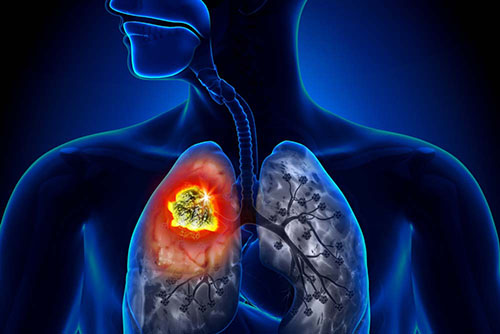
It is cancer that is formed by the uncontrolled proliferation of cells in the lung tissue. The mass formed in the lung firstly grows in its environment, then spreads to the surrounding tissues, and in more advanced stages, it metastasizes by spreading to distant organs through the circulation. Smoking is one of the leading causes of death in both men and women, as smoking increases the incidence. Full cure can be achieved in early stages.
Radiological imaging such as chest x-ray, CT, MRI, PET/CT, bronchoscopy and biopsy are used in its diagnosis. Both bronchoscopy and biopsy are performed by a thoracic surgeon.
The type and stage of the cancer plays role in determining the treatment in lung cancers. The lung or lung section where the cancer is located can be removed with surgical methods in early stages. However, chemotherapy could also be combined. Higher rates of chemotherapy could be applied in late stages.
Surgery is the first choice in the treatment of lung cancer. Today, closed (endoscopic) surgeries, which we call minimally invasive surgery, are performed. Robotic surgery and video-assisted thoracoscopic surgery applications are innovative applications that increase the success rate and shorten recovery time.
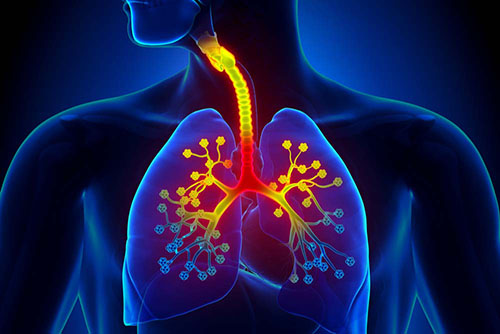
Tumors, both inside and outside of the trachea, can threaten the patient's life by causing a narrowing of the trachea. Removal of the tumor may be in the form of partial or complete removal of the tumor through a bronchoscope depending on the condition of the patient and the tumor, or in the form of an operation to completely remove the airway with the tumor and reconnect the trachea end-to-end. In some cases, it is necessary to place a stent in the trachea.
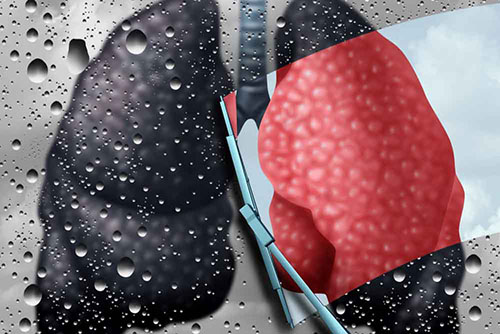
With this method, the diseased area is removed from the lung with an operation and it is aimed to obtain a healthy lung by expanding the healthy part.
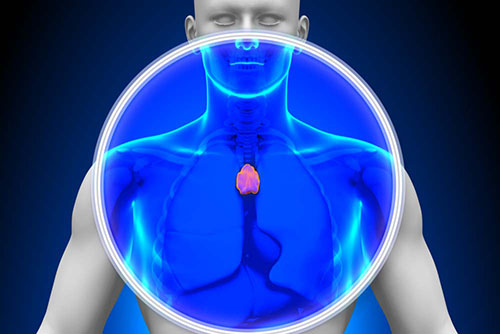
It is the enlargement of the thymus gland, which is located in the chest cavity in the region bordered by the posterior surface of the breastbone anteriorly, the vertebrae posteriorly, and the lungs on the sides, for any reason. Sometimes in Myasthenia Gravis disease, complete cure is provided after surgical removal of the thymus gland.
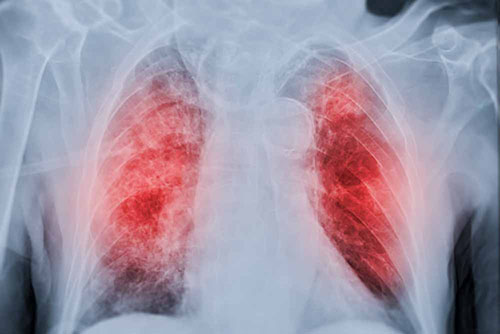
They are malignant tumors of the lining of the lung (pleura). It usually occurs in people who have been exposed to substances called asbestos and erionite for many years. Treatment is by surgical removal of the pleura.
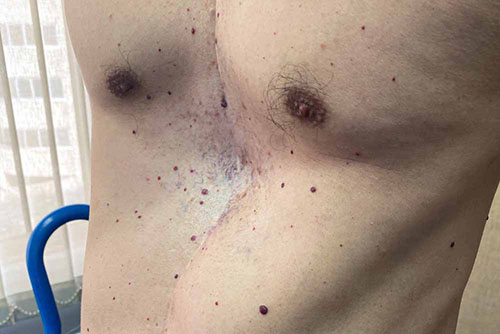
The Nuss procedure, which is applied in the treatment of congenital (Pectus excavatus, Pectus Carinatus) or later developed deformations in the chest wall, allows the cavities in the chest wall to be repaired with the help of a special techn ique.
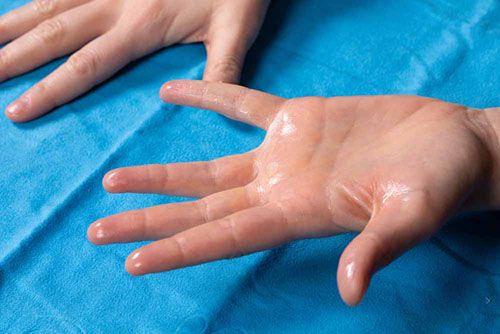
Symptoms such as excessive hand, foot, armpit, facial sweating and facial flushing can be grouped under three groups. People with mild, moderate and severe conditions sometimes experience social and sometimes professional problems due to these complaints. These symptoms, which may be due to sympathetic hyperactivity, can be resolved with Video-Thoracoscopic Thoracic Sympathetic blockades performed by Thoracic Surgery specialists, if necessary. Today, ETS (Endoscopic thoracic sympathectomy) is performed on both sides in the same session, with the shortening of the anesthesia period and the increase in surgical experience. After this surgery, patients can go home after resting for 4-6 hours.
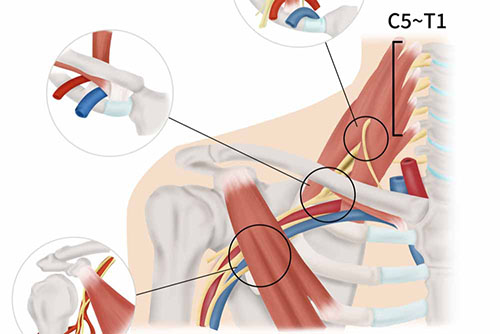
The thoracic outlet is the name for the space between the collarbone and the first rib. It can be damaged or narrowed due to accident, pregnancy or congenital developmental differences. This causes pressure on the nerves and blood vessels running through the area, causing pain and numbness in the arm on the involved side.
Surgical treatment of thoracic outlet syndrome can be done in different ways, such as removing the first rib, loosening the muscles and tendons that cause compression in the region, depending on the source of the problem.
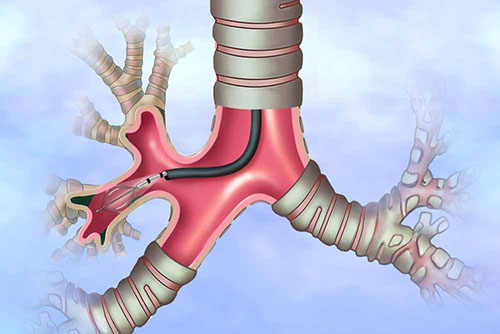
The airways and bronchi are visualized with the help of an illuminated endoscope. It is also possible to take a biopsy when deemed necessary during the process of the diagnosis or treatment of diseases.
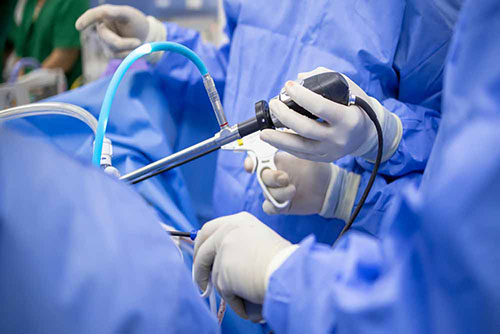
The process is called mediastinoscopy when it is aimed to reach the inner and middle parts of the lungs. Mediastinoscopy is applied as a closed operation with the help of endoscopy. Mediastinotomy is called when it is applied as an open surgical operation. It is generally used in the diagnosis and treatment of tumors related to lung cancer.
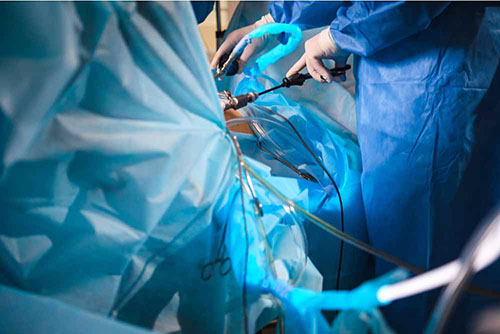
It is a method that allows many serious lung diseases to be performed with closed surgical techniques, requiring fewer incisions and a shorter recovery period. In the operations performed with this technique, the chest cavity is entered using special metal instruments through small incisions such as 1.5-2 cm and the necessary procedures for the treatment of the disease are performed.

